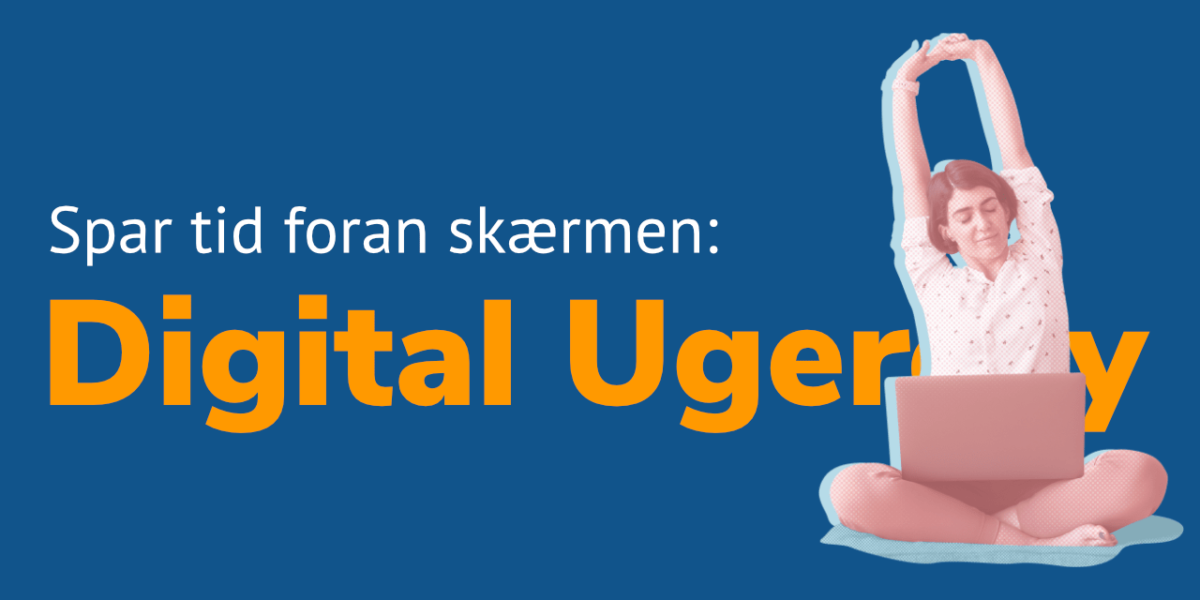Ugens digitale tendenser: #36, 2020
Her har du Danmarks mest komplette opdatering på sociale medier og digital udvikling i mediebranchen. Du bliver holdt opdateret og sparer masser af tid.
Digital Ugerevy udgives af Lars K Jensen, der rådgiver, udvikler og arbejder med digitale medier og udvikling.

[toc]
👍 Sociale medier

Her finder du historier om eller fra de store sociale platforme, der har en enorm rolle at spille i kontakten mellem udgiver/afsender og modtager.
Facebook truer Australien: Vil forbyde deling af nyheder
MediaWatch / Ritzau/Reuters:
"Den amerikanske techgigant Facebook truer med at blokere brugere og medier i Australien for at dele nyheder på det sociale medie, hvis regeringen i Australien gennemfører et lovforslag om, at Facebook og Google fremover skal betale lokale medier for indhold."
↓
Baggrunden:
Can Australia Force Google and Facebook to Pay for News?
Wired
Facebook threatens to block Australian news if law goes ahead
Columbia Journalism Review
↓
Journalistprofessor Jeff Jarvis har også skrevet om udviklingen i sagen:
"The Australian legislation is a cynical mess. It is bald protectionism by Murdoch and the old, corporate press, requiring platforms to “negotiate” with guns to their heads for the privilege of quoting, promoting, and sending traffic, audience, and tremendous value to news sites. It is illogical. Facebook, Google, et al did not steal a penny from old media. They competed. To say that Facebook owes newspapers is a white plutocrat’s regressive view of reparations; by this logic Amazon owes Walmart who owes A&P who owes the descendents of Luigi’s corner grocery who owes a pushcart vegetable vendor on Hester Street. Facebook owes news nothing."
Sådan anbefaler Facebook indhold
TechCrunch:
"The company has, for the first time, made public how its content recommendation guidelines work.
In new documentation available in Facebook’s Help Center and Instagram’s Help Center, the company details how Facebook and Instagram’s algorithms work to filter out content, accounts, Pages, Groups and Events from its recommendations."
Facebook tester link mellem abonnement og Facebook-profil
TechCrunch:
"The idea is that when Facebook identifies a subscriber from one of its publisher partners, that subscriber will be invited to link their news account to their Facebook account. Once they’re linked, if they encounter a paywalled article on Facebook, they’ll be able to read it without hitting the paywall or having to log in again. [...]
The Atlanta Journal-Constitution, The Athletic and the Winnipeg Free Press have already been testing the feature. Facebook says subscribers who linked their accounts made an average of 111% more article clicks compared to those who weren’t part of the test group, and that those subscribers increased their rate of following a publisher from 34% to 97%."
Facebook tester link mellem abonnement og Facebook-profil
TechCrunch:
"The idea is that when Facebook identifies a subscriber from one of its publisher partners, that subscriber will be invited to link their news account to their Facebook account. Once they’re linked, if they encounter a paywalled article on Facebook, they’ll be able to read it without hitting the paywall or having to log in again. [...]
The Atlanta Journal-Constitution, The Athletic and the Winnipeg Free Press have already been testing the feature. Facebook says subscribers who linked their accounts made an average of 111% more article clicks compared to those who weren’t part of the test group, and that those subscribers increased their rate of following a publisher from 34% to 97%."
Diskriminerende Facebook-annoncer viser faren ved algoritmebias
Algoritmebias går – kort fortalt – ud på, at algoritmer sjældent er kolde maskiner, der nøgternt behandler og præsenterer data. Ofte har de deres eget bias og forudindtagelser, ofte på baggrund af den data, algoritmerne er blevet trænet på.
VentureBeat:
"Facebook’s display ad algorithms are perhaps more innocuous, but they’re no less worthy of scrutiny considering the stereotypes and biases they might perpetuate. Moreover, if they allow the targeting of housing, employment, or opportunities by age and gender, they could be in violation of the U.S. Equal Credit Opportunity Act, the Civil Rights Act of 1964, and related equality statutes."
Du er, hvem du følger
Version2:
"Din holdning til kontroversielle emner kan udledes af, hvem du følger på de sociale netværk, men forskere arbejder på modforanstaltninger."
Læs artiklen:
Forsker: Så meget afslører din tilstedeværelse på sociale medier om dig
Chadwick Boseman-tweet er det mest likede nogensinde
Skuespilleren døde lørdag af tyktarmskræft. Du kan se tweetet her.
Deadline:
"Boseman’s tweet, which was posted around 7 p.m. on Friday, has gained around 2 million retweets and more than 7.7 million likes as of Saturday afternoon and continues to climb. The Get On Up actor’s final post sits where tweets from Ellen DeGeneres, BTS, Barack Obama, Ariana Grande and One Direction once sat."
Nu bliver "trending topic" ledsaget af et tweet
Twitter har annonceret den nye feature i et blogindlæg, og du kan læse mere her:
- Twitter to Add Context to Trending Topics (The New York Times)
- Critics want Twitter to halt its trending lists. Instead, Twitter will make tweaks. (NBC News)
Vil Facebook-boykottet styrke kontekstbaserede annoncer?
Kontekst kommer, af flere årsager, til at fylde mere indenfor digital annoncer. Spørgsmålet er, om boykotten presset på den udvikling.
Læs mere →

